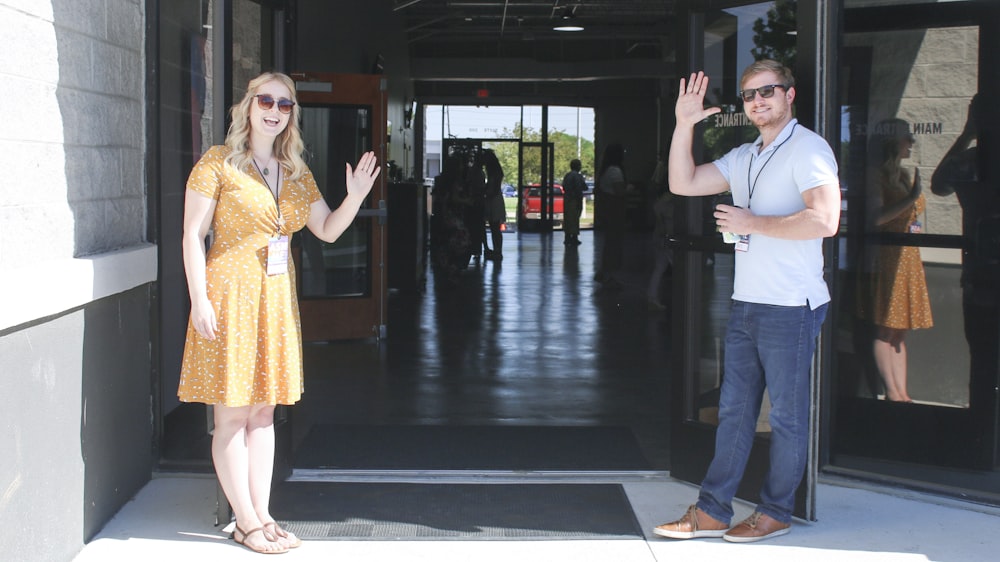One common refrain I hear from pastors, again and again, is “I’m tired, I’m worn out. I feel like I have given everything I have”.
I get it. I’ve been there, and I will find myself there again at some point. But over the years, I’ve tried to figure out warning lights for myself. Much like a warning light in a car, is there a way to know when I’m getting too close to burn out, too close to the edge of tiredness, and not being a healthy leader?
While each one of us is different, and there will be warning lights for you that I don’t have, I think there are a few that every pastor needs to pay attention to:
1. Monitor your sleep and eating. Pay attention to what time you are going to bed and getting up, and what you are putting into your body.
For many of us this is such an obvious one, but we overlook it. As a result, we find ourselves staying up later and later, watching this show or that to wind down, or taking sleeping pills because of having difficulty falling asleep. Then we find ourselves waking up later and later in the morning.
Going to bed at the same time each day and waking up simultaneously is such a good thing for your body. You create a rhythm. So what does your bedtime and morning routine look like?
For me, I try not to look at my phone or the TV an hour before bed. Of course, this doesn’t always happen, but it’s a goal, and I shoot for 8-9 hours of sleep each night. These two things together mean I miss out on many TV shows that others are watching, and that’s okay.
My morning routine is also the same: Get up, coffee, Bible, and some leadership reading. I have my favorite spot in the house where I go, and I listen to worship music to help set the tone for my day.
Lastly, food. Monitor what you are putting into your body because it is the fuel for your body. You don’t have to eat clean 100% of the time; go for 80/20. But know that food is fuel, and you want to make sure you are giving yourself good fuel.
Each person is different with their needs when it comes to calorie intake, doing keto or gluten-free. The type of eating plan you have doesn’t matter as long as it is clean and you drink plenty of water. Again, this is such a simple thing but makes an enormous impact on your leadership.
2. Sermon content. Another warning sign for pastors is their sermon content and how fresh and new it is.
Here’s something I’ve learned: When I am tired, it is easier for me to look back at past sermons I’ve done instead of doing the hard work of creating new content.
Now, here’s a caveat: You should repeat sermon series or books of the Bible. Your church has changed, and new people have come, so do that series you did 5 years ago, but update it.
Pastor, are you giving your church something new or something rehashed?
What was the last new thing you learned? Are you finding yourself falling back into paths you’ve already walked, or are you blazing new trails?
3. Lack of close friends. One of the things you hear again and again from leaders is that leadership is lonely. While this is a whole other blog post, here is how this applies.
Yes, leadership can be lonely, but it doesn’t have to be. Leadership is often lonely because we as leaders isolate ourselves. We keep ourselves from getting close to others, or we think, “no one knows what I’m going through.” While the higher up you go in leadership, sometimes fewer people can relate to you, the reality is, people can still relate to you, and you need to relate to them.
I’ve learned in my life that when leadership has been lonely, it has often been a decision I’ve made instead of because it was really lonely.
Pastors, do you have any close friends? Does anyone know you at a deep level? Who in your life are you able to take your mask off and be yourself? All leaders need a place where they can stop leading and be. We all need people who are not impressed by us or don’t see us as the boss or leader, but just as a friend.
When was the last time you had fun with a friend? Unfortunately, we are often too serious for many leaders and pastors and miss out on playing and having fun. This is a warning sign for you as a pastor.
4. Difficulty making decisions. One of my last warning signs as a pastor is making decisions. Being a leader is mostly about making decisions. So, how easy is it for you to make decisions?
When I find myself struggling to make decisions about what to read, eat or watch, I know that is a warning sign for me.
What are your warning signs? Do you know what they are so you can keep an eye out to make sure you stay in the leadership game?










